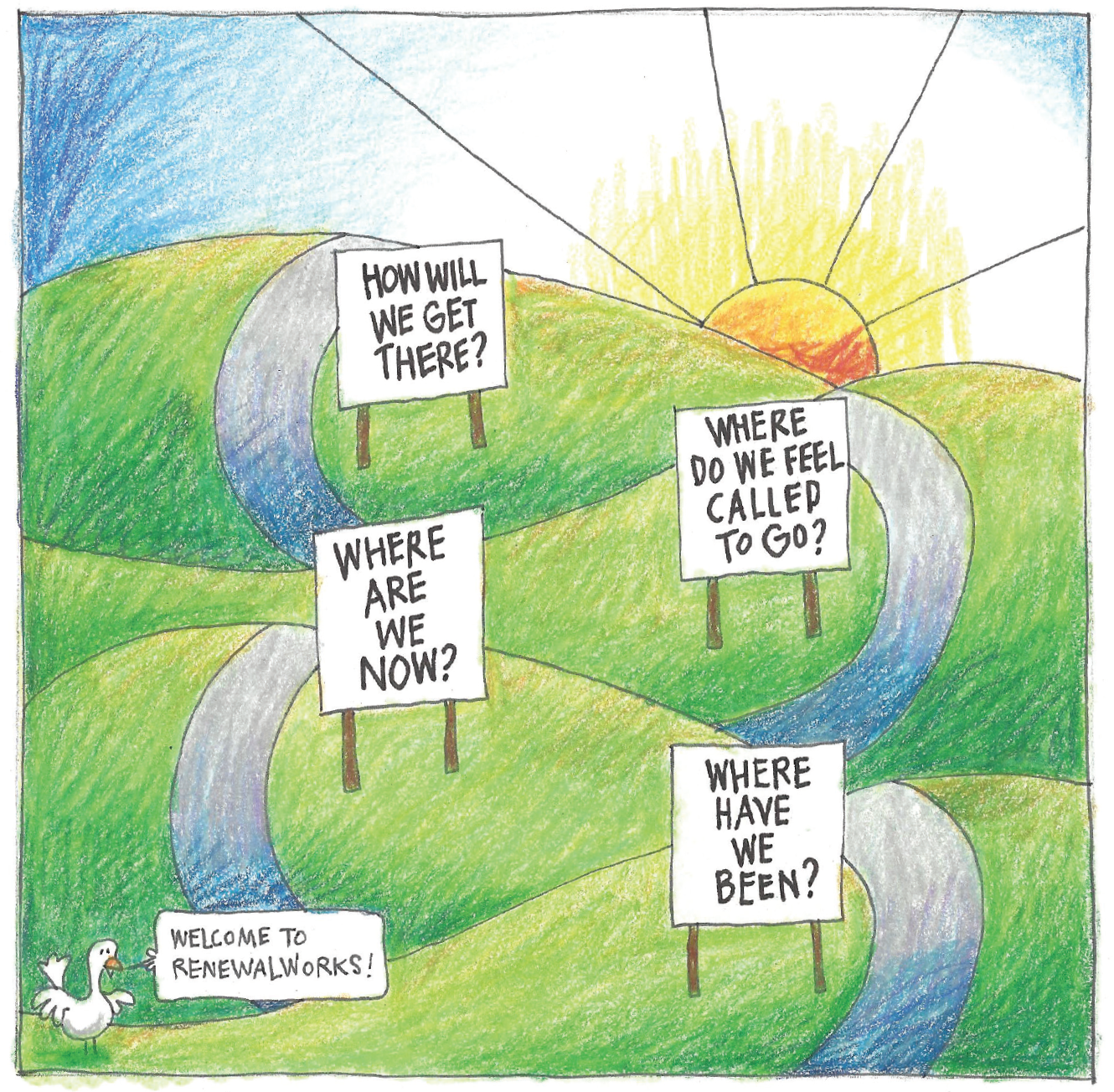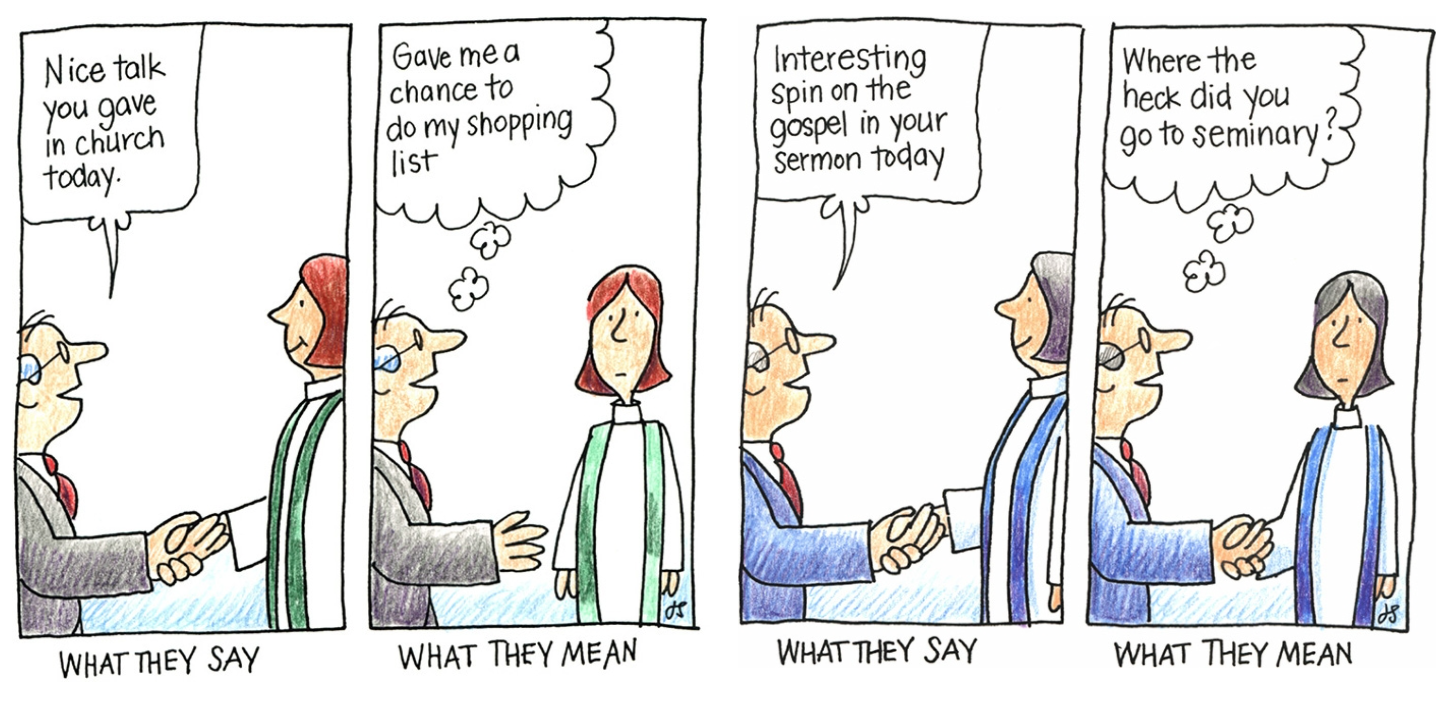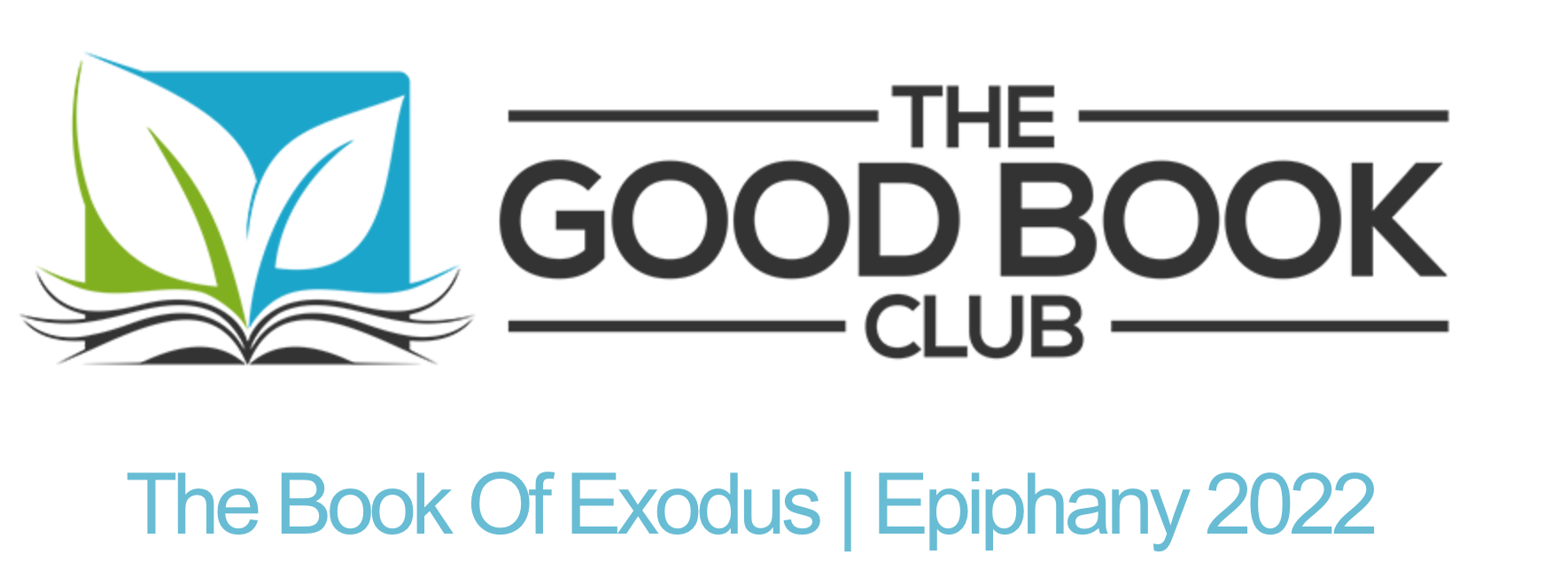
|
Happy Fourth of July
As we observe Independence Day, a celebration of our nation, we coincidentally arrive at the point in the Sermon on the Mount where Jesus asks us to think about the kingdom we seek. His teaching implies that there might be several kingdoms calling to us at once, grabbing hold of us, pulling us in different directions. Ever feel that way?
Apparently aware of these forces, Jesus tells his disciples to put first things. Keep the main thing the main thing. Seek first the kingdom. So I’m wondering for starters how the image of the kingdom of God strikes you. Is it something from another time and place? Does it help to speak about the Rule or Sovereignty or Reign of God? In my mind, we’re talking about a sphere of influence. That place where God’s graceful intention for all of creation is fulfilled. It’s the fulfillment of that line in the Lord’s Prayer that says “Thy kingdom come on earth as it is in heaven.” That’s why the gospels seem to regard the Kingdom of Heaven and the Kingdom of God as interchangeable.
I found myself thinking about the kingdoms calling to me these days. Where am I giving my heart? What sphere of influence holds sway over me? The empire of our work and vocation, our family relationships and commitments, our sense of achievement and worth? On this holiday, there is certainly the kingdom represented by our national identification, love expressed in patriotism. That can be a beautiful thing, a cause for celebration and gratitude on a day like today. There’s much to be thankful for this day.
But I’m still processing the images of insurrectionists carrying Christian images into the Capitol on January 6, self-proclaimed patriots leading prayers and toting Bibles as the Capitol was stormed. Russell Moore, president of the public policy arm of the Southern Baptist Convention, said that when he saw a “Jesus Saves” sign displayed near a gallows built by rioters, “I was enraged to a degree that I haven’t been enraged in memory. This is not only dangerous and unpatriotic but also blasphemous, presenting a picture of the gospel of Jesus Christ that isn’t the gospel of Jesus Christ and is instead its exact reverse.”
Years ago, Upton Sinclair said: When fascism comes to America, it will be wrapped in the flag and carrying a cross. Recent developments in our civic life make me realize the perilous persistence of the conflation of nationalism and American Christianity. It underscores the importance of saying Jesus is Lord instead of saying Caesar is Lord (Caesar or his modern counterparts).
And what kind of Lord is Jesus? He is that Lord who came to serve and not be served (Mark 10:45). He came to tear down dividing walls not build them (Ephesians 2:14). He came to stretch out arms of love so that in him there is neither Jew nor Greek, slave nor free, male nor female (Galatians 3:28).
With that in mind, how do we as people of faith keep first things first, especially on this holiday. Start, as always, with prayer. Independence Day is a liturgical feast, as we pray that God will bless America, as we give thanks for so many blessings. We also ask, in the words of a national hymn, that God will mend our every flaw. There’s ample room for that kind of healing work.
And then we consider the various kingdoms that lay claim on us, and seek to have them align with the Kingdom of God. By holy coincidence, readings chosen by our church for Independence Day (excerpts in the column on the left) give wonderful insight into what the Kingdom of God might look like here on earth. When partisanship heightens our emotions, we hear Jesus speak of a kingdom marked by love of enemies. When we may be led to believe that our kingdom needs to be defined by who is not in it, we hear from the Hebrew Scriptures that we are to welcome the stranger. When we feel disconnected from others, we hear a call to compassion. We read from the letter to the Hebrews about the great characters of the Old Testament. They longed for a better country. All of those are ways to seek God’s kingdom first. Jesus promises that if we do that, the rest will fall in place.
Perhaps the hope for our nation in troubled times is to seek first the kingdom of God. Let us pray in word and action for that. Maybe it’s the hope for each one of us as individuals as well. Take this week to think about what it means for you to put first things first.
-Jay Sidebotham








